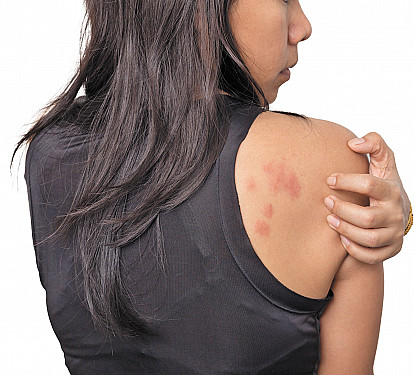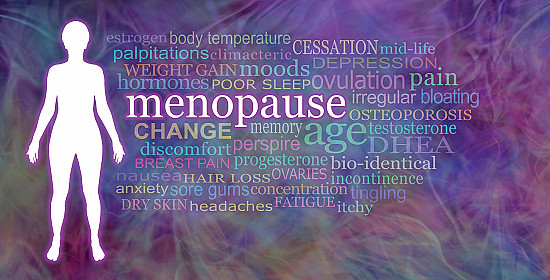Recent Blog Articles

Lead poisoning: What parents should know and do

How does waiting on prostate cancer treatment affect survival?

Does running cause arthritis?

Is alcohol and weight loss surgery a risky combination?
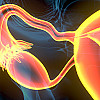
Preventing ovarian cancer: Should women consider removing fallopian tubes?
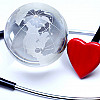
Healthier planet, healthier people
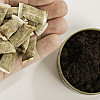
Is snuff really safer than smoking?
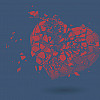
Will miscarriage care remain available?

Considering collagen drinks and supplements?

Does less TV time lower your risk for dementia?
Hives (Urticaria)
Hives, also called urticaria, are circumscribed swellings on the skin that often are itchy. Often they are pink or red, but they don't have to be. Hives happen when the cells in the skin called mast cells release histamine, a chemical that causes tiny blood vessels (capillaries) to leak fluid. When this leaking fluid accumulates in the skin, it forms the swellings that we recognize as hives.
Hives can be triggered by physical factors such as heat, cold, exercise, sunlight, stress, sustained pressure on a skin area (such as from a belt or shoulder strap), a sudden increase in body temperature (from a fever or a hot bath or shower) or from an irritating chemical, cosmetic or soap applied to the skin. Hives also can be one symptom of a whole-body (systemic) allergic reaction to something that was:
To continue reading this article, you must log in.
Subscribe to Harvard Health Online for immediate access to health news and information from Harvard Medical School.
- Research health conditions
- Check your symptoms
- Prepare for a doctor's visit or test
- Find the best treatments and procedures for you
- Explore options for better nutrition and exercise
I'd like to receive access to Harvard Health Online for only $4.99 a month.
Sign Me UpAlready a member? Login ».
Disclaimer:
As a service to our readers, Harvard Health Publishing provides access to our library of archived content. Please note the date of last review or update on all articles.
No content on this site, regardless of date, should ever be used as a substitute for direct medical advice from your doctor or other qualified clinician.
Free Healthbeat Signup
Get the latest in health news delivered to your inbox!
